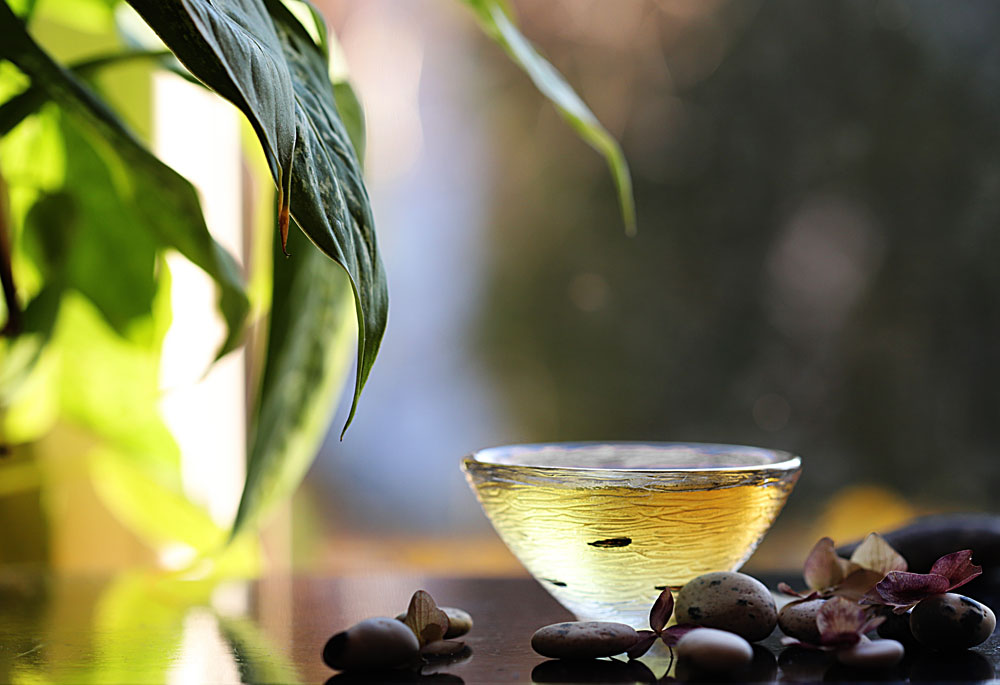Stating tea health benefits has been an extremely popular way of promoting tea in the western countries, not only from western sellers, but foreign vendors as well. Although tea itself is a very healthy drink, excessive usage of health benefits in product description is extremely wrong. It's a sign for alert. Why?
History of Tea
To understand tea as a beverage it's always good to remember the well-known legend of Shen Nong, Chinese emperor and the father of Chinese medicine who discovered tea by a pure accident. Our favorite version says that he felt tired, fell asleep under the tea tree and a leaf found its way into his cup. He drank it, and immediately saw the benefits it had on his body - which was transparent. This happened many years ago. Tea has changed since then and we can enjoy thousands and thousands of different pure loose leaf teas or blends.
If there is more than one type of tea, do all of them have different benefits?
Yes and no. Every tea will have its own nutritional content, specific to the type, but also depending on the growing conditions and many other factors - even the storage. Therefore, it is impossible to make general health claims. Even brewing methods will make your tea more or less healthy. Although there has been a significant amount of research done on tea health benefits, it's still considered a grey zone. To really be able to state all tea health benefits for each and every tea, vendors or producers would need to send their teas for analysis. And that would be quite impossible. Next, those claims would need to be FDA approved.
 (Source: Tea Chronicles ©)
(Source: Tea Chronicles ©)
Look around you to find the proof
Healthy dieting has been a hot topic for already a few decades. Every decade brings something new. Producers add vitamins or flavors to make up for the quality and marketers find a way to promote those new products as extra beneficial and healthy. Does real milk really need to be enriched with calcium and vitamins and that fact written on the package? Why homegrown carrots don't need an attractive description? Same should be true for tea. Original packaging in the country of original almost never states any benefits. Local population already knows it's good for them. So, why is it stating tea health benefits so excessively used in the West?
Japanese matcha as an example
The answer lies in the quality of tea or the attempts to attract customers that are not tea drinkers. Unfortunately, every country will keep the best tea for domestic consumption. The best example might be matcha green tea. The real matcha always comes from Japan. Most of matcha on western market comes from China or Korea, and has a very different growing conditions and undergoes different production processes. Japanese keep the best leaves for their own market, and they surely have a good reason for it. Original Japanese matcha packaging doesn't contain any health statements, nor it has to. It has been a part of the culture (and diet) for dozens of years, and the quality and origin are unquestionable.
In the last few years we have been able to get some of those teas as well. However, in the beginnings of matcha mania, almost all of it was coming from China. And they all had the same tea health benefits claim - 137 times more antioxidants from other green teas. Many found it difficult to really enjoy that tea, there was none of that vibrant color they read about online, no sweet taste or silky texture. Still, they drank it for health purposes - and keeping energy levels high. First, of course, could not be really measured, but the second benefits proved right - as all green tea contains caffeine, and the effect was clearly visible to all new tea drinkers.
Should tea health benefits in descriptions be ignored completely?
No. Definitely not. All teas will definitely prove valuable for your health if you pay attention to a few simple details - quality and the satisfaction of drinking tea. No tea description should contain only the benefits, and „health claims" should not be longer than a line or two. Green tea, indeed, contains a lot of antioxidants, pu'er may help with weight loss and benifuki is great for fighting allergy symptoms. They have all been a topic of different studies and there is a lot of of evidence out there to support those claims. However, they should serve only as an introduction to those new to tea, not to bait people concerned about their health. After all, the person that discovered tea was the father of Chinese medicine. But, if your tea vendor is stating only the benefits and completely ignoring the flavor, origin and quality - ask yourself twice why is he/she making so much effort. Good and healthy teas speak for themselves. Same as homegrown carrots.



Leave a Reply Cancel Reply